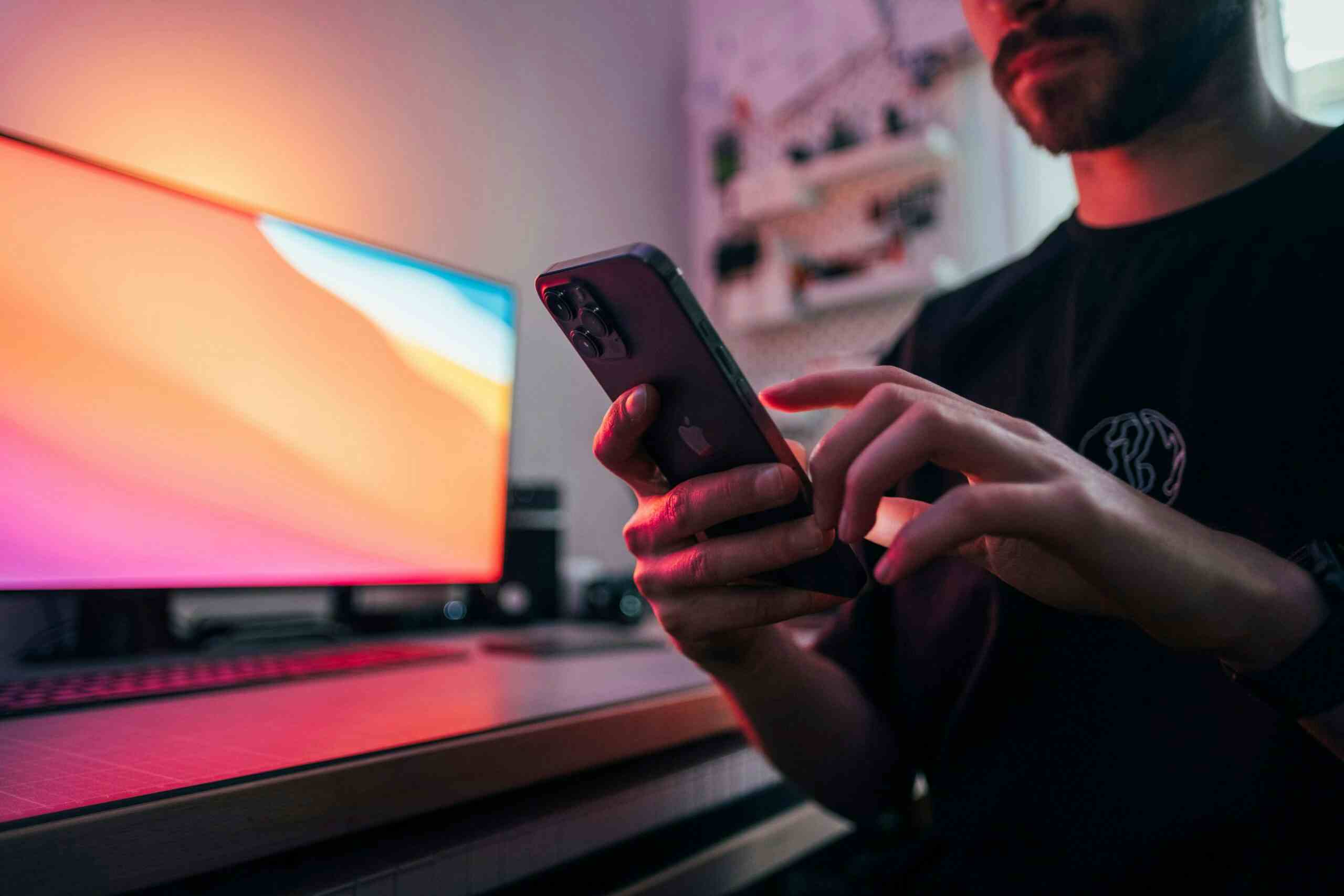Five Surprising Things You Didn’t Know Could Block Your Cell Signal
Posted on 10/17/2018 by Nicholas Jones
In our always-on, data-driven, 21st century world a reliable cell phone signal is not optional, it’s required. So why does it seem that acquiring and keeping a reliable cell signal is so frequently a hit-and-miss proposition?
It happens to everybody. You’re on a call and the connection drops out. Or maybe you’re using a GPS app to find an unfamiliar address, and it suddenly quits working because the signal has disappeared. Now what do you do? Drive around in hopes of picking up the signal again?
When things like this happen, we tend to blame our cell service providers for the poor coverage. The truth is, most of the time it’s not their fault. The culprit is typically something between us and the cell tower that blocks the signal, so we can’t get good cell reception.
Unfortunately, there are many things that can block cell signal. Here are 5 surprising ones that you may not have known:
Strain on bandwidth. The more apps you have on your phone, the more bandwidth it’ll require. Oftentimes, apps aren’t closed and continue running in the background, eating up bandwidth and signal. Free apps and games can be particularly big bandwidth hogs because they’re usually filled with advertisements. Also, notifications from all of these apps can also drain your signal. All of these factors combined help apps to negatively affect your signal.
Weather. With all of her majesty, maybe Mother Nature doesn’t want anything competing for your attention when you’re in her midst. Or so it seems when you’re out on the open road and find yourself with no signal. Hills, mountains, bluffs, heavy vegetation, and even weather can kill your cell signal.
Glass/windows. When cell phone users lose signal or drop a call inside of a building, it can seem instinctive to move near a window. After all, it would make sense that there would be fewer signal problems through glass than other, more dense building materials. But in reality, most windows today are energy efficient and contain a coating of metal oxide than can repel cell signal and prevent it from coming into a building.
Network traffic. We often assume there’s plenty of cell coverage to go around. However, in densely populated areas where people are using their devices for calling, posting to social media, or downloading files, it’s not uncommon for cell signal to be slowed. If you’ve ever been trying to post a concert photo to Instagram or send an email during a big work conference only to find you can’t, it’s likely because too many people are competing for bandwidth in the area.
Building materials. Common building materials such as concrete, steel, brick and wood are cell signal killers, but you may not expect to find fiberglass insulation on the list of things that could also impede signal. While fiberglass insulation isn’t as dense compared to these other materials, it’s still composed of substances that repel signal. Just as it keeps heat and cold in, it’s also very good at keeping cell signal out.
How can you measure the signal you’re getting to your phone?
If you want to test your cell signal to determine if one of these things are blocking it, it’s helpful to understand how signal is measured in order to accurately determine the signal strength you’re receiving. (Spoiler alert: You won’t get an accurate measure of signal by just looking at the bars on your cell phone.)
Cell phone signal strength is measured in decibels (dBm). Signal strengths coming from various networks range from about -30 dBm to -110 dBm, and the closer to zero the decibels are, the stronger the cell signal. A signal better than -85 dBm is considered to be good cell phone signal strength.
Call quality is actually a far more accurate measure of cell signal strength than the bars on your cell phone because there is no industry standard for what a bar represents or whether it measures your 4G data or 3G voice performance. So, bars will indicate a different level of coverage from carrier to carrier. To find out how to get an accurate cell signal reading on your phone, read more here: Find the signal strength on your Android phone and Find the signal strength on your iPhone.
What can you do to get better cell signal?
If you’re frustrated by poor cell signal, you’re not alone. But the good news is, even in areas with poor reception, cell signal can be improved. Cell phone signal boosters work with existing strong cell signal to capture and amplify it in specific areas. These boosters can be installed anywhere signal needs to be improved.
Check out weBoost’s cell signal boosters that will help boost cell signal for your home or your vehicle (car, truck or RV).




